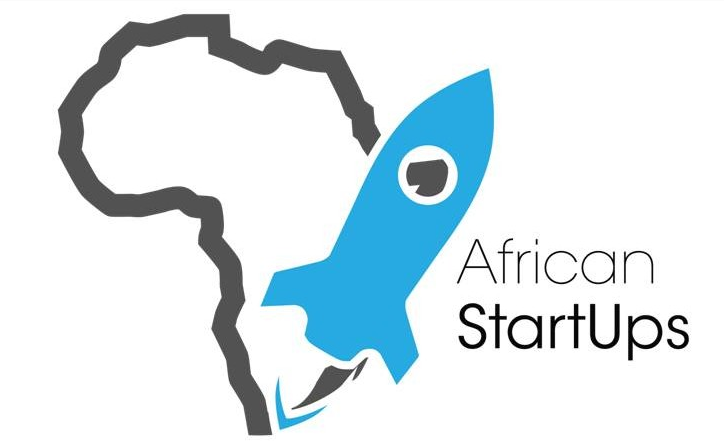As the slowing economy in Africa has made equity funding extremely expensive and unaffordable, African startups have more than doubled the debt amount they raised in the past year.
According to a report by venture capital firm Partech Partners, companies on the continent raised $1.55 billion in 71 debt deals in 2022, suggesting that it’s becoming a solid alternative source of capital for African technology startups.
This increase in debt funding is a sign of growth and maturity in the African technology sector and has helped it become “one of the very few, if not the only, VC markets to boast net growth funding in 2022,” according to the Paris-based firm.
In fact, while VC funding globally fell 35% last year, it grew 8% to $6.5 billion in Africa, according to the firm’s annual survey of startups that have most of their operations in or get the bulk of their revenue from the continent.
Read also: Catalyst Fund Invests $2m Into 10 African Climate Change Startups
The reason for this shift towards debt funding can be attributed to the current global economic situation. Fears of a recession and slowing sales have led to a sell-off in the world’s largest technology companies, prompting some such as Google and Amazon, to cut jobs. This has made private equity and venture-capital firms reluctant to invest, increasing the cost of equity and forcing startups to look for alternative funding options.
Debt Funding for African Tech Startups Growth in 2022
In terms of innovation, Africa has seen a rise in technology startups, particularly in sectors such as fintech, edtech, and agtech. These startups are leveraging technology to solve problems specific to the African context and are receiving increasing levels of investment from both local and international investors. Additionally, the African Union has launched the Africa Continental Free Trade Area (AfCFTA) to increase cross-border trade, which is expected to boost the growth of e-commerce in Africa. These investments are largely debt funding.
The number of active debt investors on the continent is also growing, with a good mix of local debt institutions, international lenders, and development finance institutions, the report said. Most of last year’s debt financing went into financial technology and clean technology startups, such as Moove.Africa and D.Light, the study found.
Kenya attracted more debt than any other African country, taking almost 40% of the total amount raised through 15 deals, while Nigeria received the most equity funding, getting $1.2 billion in 189 funding rounds, the report said. However, this represents a 36% decline compared to a year earlier.
In essence, the increase in debt funding for African tech startups in 2022 is a sign of growth and maturity in the sector, and it is becoming a solid alternative source of capital for African technology startups. With the global economic situation making equity funding more expensive and unsustainable over the long term, it is likely that this trend will continue in the coming years.
